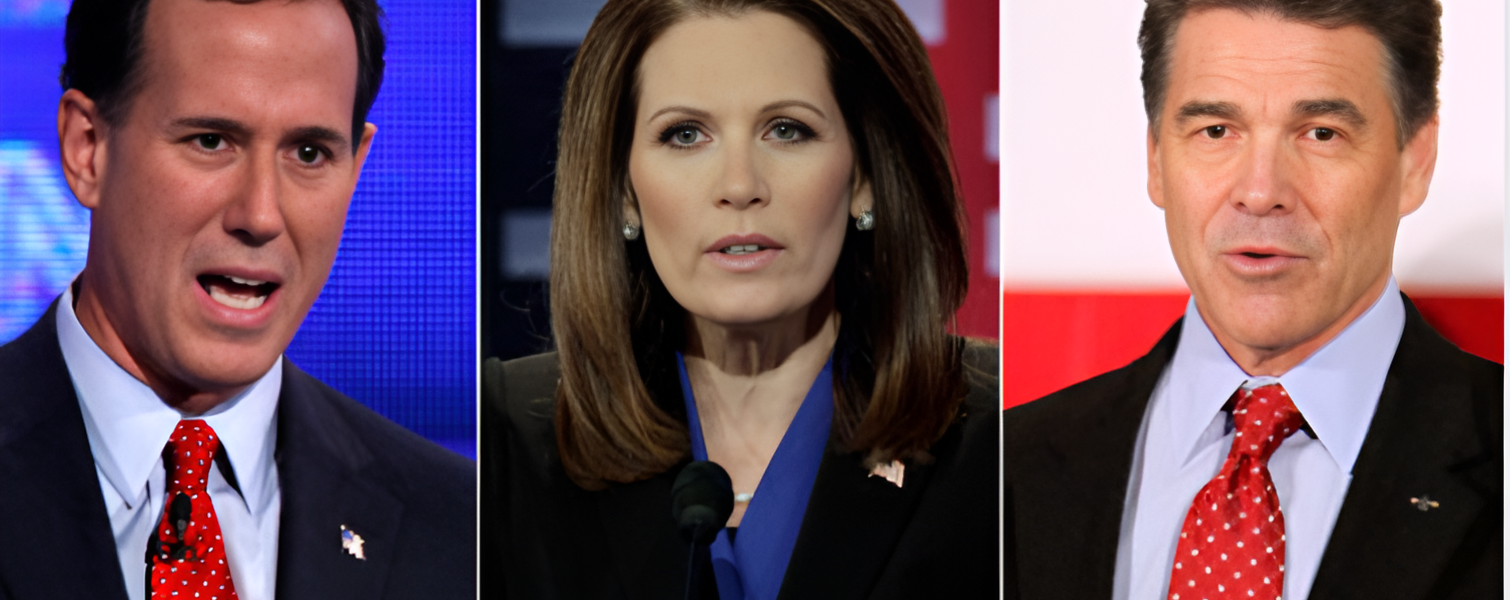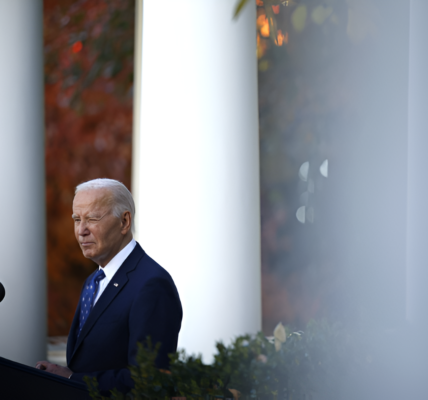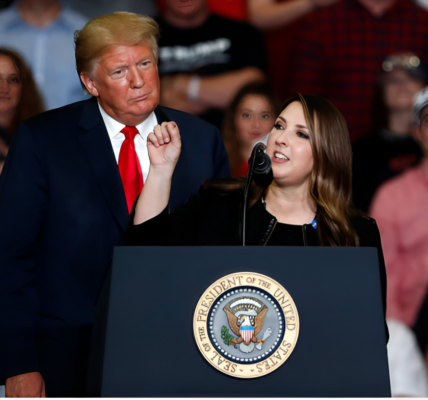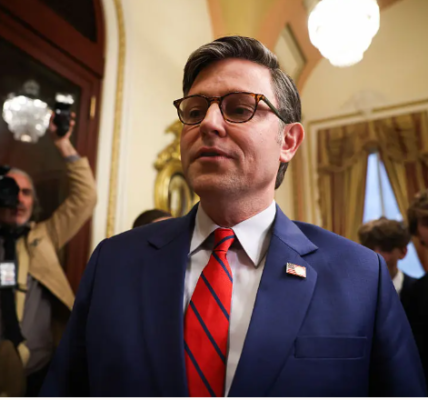
With the Iowa caucuses only weeks away, the state’s sprawling 99 counties have become a proving ground for Republican candidates vying to capture voters’ attention, as the outright favorites focus their efforts selectively and underdogs double down on old-fashioned, town-by-town campaigning in a bid to defy the odds.
Front-runners, for their part, can almost afford not to campaign the grueling 99-county tours — even Newt Gingrich and Mitt Romney, heavily favoring their own poll numbers and focusing on strategic events. Gingrich can fly into Iowa for a day to talk about brain science at the University of Iowa, for example; Romney can be as selective as he wants.
For candidates polling in the single digits, however, things are quite different. Texas Governor Rick Perry and Minnesota Congresswoman Michele Bachmann are crisscrossing the state in a frenzy of retail politicking, seeking to upend the race with sheer grit. Perry starts off a demanding 44-city bus tour and then follows up with another five-day sprint that keeps him in Iowa through New Year’s Eve. Bachmann, meanwhile, is embarking on an even more ambitious schedule: visiting all 99 counties in just 10 days.
But no one has worked the Iowa ground game harder than Rick Santorum. The former Pennsylvania senator completed his 99-county tour back in November and hasn’t slowed down. On a single Tuesday, his packed schedule saw him speaking in Belle Plaine, Waterloo, Manchester, and Marion. Santorum’s hope: that caucus-goers disillusioned with the front-runners will turn to him as a steadfast conservative who has made the effort to personally connect.
People who are for someone today are for someone else in two weeks,” Santorum said to POLITICO. “I think people are working their way down the path, and the path is going to lead to the most consistent conservative.”
It’s a view shared by both Perry and Bachmann, who are counting on recent polls that indicate a large majority of Iowa Republicans — as many as two-thirds, according to a New York Times/CBS survey — remain undecided.
“If you want to gather caucus-night support, you’ve got to go ask for it in person,” says Tim Albrecht, an Iowa GOP operative. “Retail politicking still works here.”
Still, despite the miles logged and hands shaken, Iowa’s polling trends paint a sobering picture for the underdogs. A University of Iowa poll released Monday showed Santorum trailing nearly every candidate except Jon Huntsman, who has written off Iowa entirely. Meanwhile, a Public Policy Polling survey found that only 22% of caucus-goers consider it very important for candidates to spend significant time in Iowa, suggesting that retail campaigning may not carry the weight it once did.
For some Iowa Republicans, the last-minute blitzes by Perry and Bachmann feel like desperation. “They had their moment when they were at the top,” says Kris Thiessen, GOP chair in conservative Clay County. “I can’t see it having much impact.”
Others, such as Wapello County GOP chairwoman Trudy Caviness, believe there’s still value in face-to-face connections. “They become engaged when someone comes to their town,” Caviness says. “It makes them feel important, and it may very well make the difference.”
Even so, Caviness doubts these late efforts will translate into a caucus-night victory for either Perry or Bachmann.
Perry’s team remains optimistic. His communications director, Ray Sullivan, insists the governor’s retail push was always part of the plan. “This type of campaigning is something Gov. Perry loves to do,” Sullivan says. “It’s the best use of his time in these final weeks.”
For now, the underdogs press on, wagering everything on Iowa’s storied affection for retail politicking-and the prayer that a final spurt of momentum can change their campaign’s stories.





